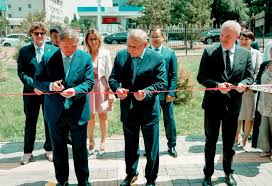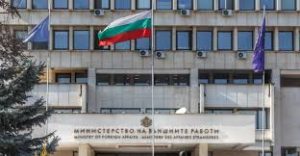Italy: National interests take top priority, says Meloni

Milan: Giorgia Meloni, the far-right leader who is expected to head the next Italian government, said that Rome will start putting national interests first, in her first speech since last Sunday’s elections.
Meloni’s Brothers of Italy party leads a right-wing coalition that took 44 percent of the vote. In the election campaign, she warned that “the good times are over” for Europe.
In her speech Saturday in Milan, Meloni addressed the energy crisis, and referred to negotiations between European energy ministers on Friday. Italy is pushing for a European price cap on gas to keep costs down, while Germany rejects that idea. But Berlin announced a €200 billion aid package to help German citizens and businesses with energy prices, measures that other European countries cannot afford.
“Probably many of those reading today’s newspapers will have understood that when we said that in Europe you start from national interests to arrive at a shared solution, we didn’t say it because we were populist but because we were lucid,” Meloni said.

“The attitude of Italy needs to return to defending its national interests,” she said. This “is something that will change in the next few months,” Meloni added.
“This doesn’t mean a negative attitude to Europe but a positive attitude to ourselves,” Meloni said. “We must start from the national interests, because others do it.”
Italian energy giant Eni said on Saturday that Russia’s Gazprom would not be sending any of the gas requested for delivery on Saturday. “Gazprom informed that it is not able to confirm the gas volumes requested for today, stating that it’s not possible to supply gas through Austria,” ENI said in a statement on its website. “Therefore, today’s Russian gas supplies to Eni through the Tarvisio entry point will be at zero,” it said.
Earlier on Saturday, Meloni met with Silvio Berlusconi, leader of Forza Italia and her ally in the right-wing coalition. In a joint statement, the two parties said their leaders discussed “the most urgent dossiers of the day, starting with the high cost of energy.”





